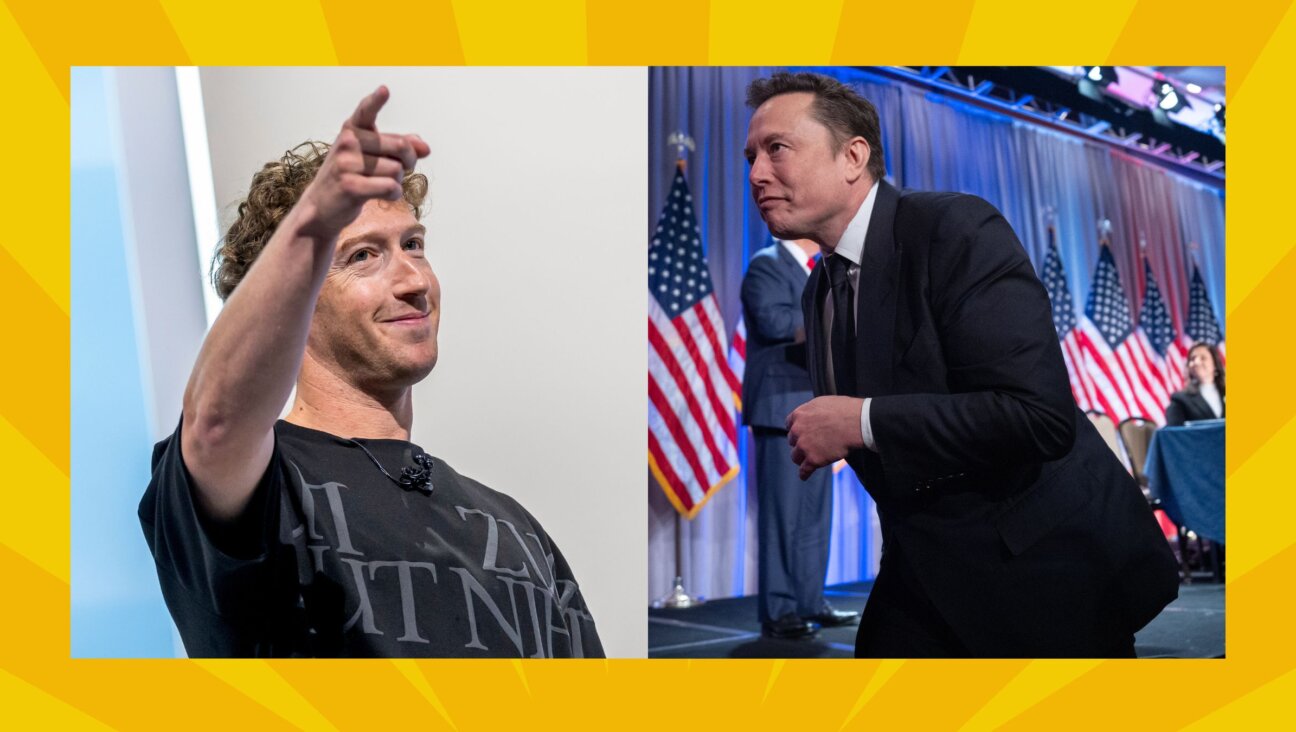A Tale From Japan
“An Intimate Evening” to benefit The Neuropathy Association was held October 18 at Le Cirque. This potentially crippling and often misdiagnosed disorder “afflicts close to 20 million Americans and an estimated 300,000 New Yorkers” said TV anchor Chuck Scarborough, who shared the evening’s emcee spot with Pia Lindstrom, daughter of Ingrid Bergman.
“It is true that I started out in the Hollywood community,” said honoree Rev. Mother Dolores Hart, OSB, Prioress, Abbey of Regina Laudis. Hart, famous for her l950s and ‘60s stage and film work (“Where the Boys Are” and the Holocaust thriller “Lisa”), became a Benedictine nun in 1963. “When I heard ‘peripheral neuropathy’… which disrupts, destroys, the wiring system by which the body communicates with itself…. I’m telling you — religious or not — it’s like being in hell… I went to doctors for help. The final medical advice: ‘Get thee to a shrink.’ The final insult — pain is mental!”
“I finally got to Dr. Norman Latov, who said, ‘Mother, the pain is real.’ It was the best news I heard. I came to him in a wheelchair, and I’m standing here today because of him. To me, Dr. Latov — maybe it’s not the right thing to say — but any Jewish boy who can do that for me, is ‘The Second Coming.’” Dr. Latov, a professor of neurology and neuroscience, is the director of the Peripheral Neuropathy Clinical and Research Center at the Weill Medical College of Cornell University.
Though diagnosed with psoriatic arthritis in both hands in 1973, pianist Byron Janis performed a Chopin waltz. Janis, whose stellar credentials include national chairman of the committee for the faculty of the Visual and Performing Arts in America for Tel Aviv University, was joined by pianist and self-proclaimed “saloon singer” Bobby Short in a piano duet.
Among the guests were Maria Cooper (Mrs. Janis, daughter of Gary Cooper and an artist in her own right); Patricia Neal (a survivor of several strokes), who starred with Gary Cooper in the 1949 film “The Fountainhead”); Ambassador John Loeb Jr., and Joan and Arthur Sarnoff.
* * *|
There they were, onstage at the Kaye Playhouse — Moishe, Cipora, Gita, Sheine — Jewish refugees from “Warszawa” (Warsaw), Poland, trapped in Lithuania in 1940 — all speaking Japanese! What a mind blower! “Senpo Sugihara, The Japanese Schindler” by Koichi Hiraishi, tells the story of Chiune Sugihara, Japanese consul in Kaunas, who issued 2,139 lifesaving visas to Japan against his government’s orders. Directors Hiraishi and Shoichi Yamada got it right — the time and place, the Nazi brutality, the confusion, the terror and panic under Soviet occupation. It is performed by a cast of 20 at high pitch; the consul, whose courage and conscience saved 6,000 Jews, including my mother and me (our visa #1882), is played by Sugihara look-alike Fumio Sato.
Among the October 21 opening-night crowd were Sugihara survivor Sylvia Smoller (who launched the Sugihara-inspired “Do the Right Thing” essay program, now under the auspices of the Anti-Defamation League); Ed Alster, ADL; Michael Miller, Jewish Community Relations Council; Linda Senat, American Jewish Committee, and Yiddish folklorist Chane Mlotek and her sons, Zalmen and Moishe (respectively, the executive director of the Folksbiene Theater and the artistic director of The Workmen’s Circle). As a young man, her late husband, Yosl (Joseph) Mlotek (former cultural editor of the Yiddish Forward/former education director of The Workmen’s Circle), shared my mother’s and my 1939-1941 Warsaw-Vilno-Kaunas-Moscow-Vladivostok-Japan odyssey.
At the October 24 reception, hosted by Consul General Hiroyasu Ando at his residence, I described (with the help of a translator), my wartime escapes to the “Sugihara” cast. I focused on a firing squad scene — inserted into this production (that was not in the 1998 version that played in New York) — that appears to be based on my personal story. There were gasps as I described the terror my mother and I felt when we had been given numbers and then lined up to be shot by a Nazi firing squad. I had told this story numerous times to the Japanese media and press in 1994 in Japan, and during subsequent interviews in New York. It is also detailed in Chapter 5 of “A Special Fate: Chiune Sugihara: Hero of the Holocaust” by Alison Leslie Gold (Scholastic, 2000).
* * *|
“Arafat is either dead, dying or sidelined… and I don’t think he’s going back to Ramallah,” Richard Holbrooke told the 750-strong crowd shoehorned into The Pierre’s ballroom for the November 4 State of Israel Bonds’s Real Estate and Construction Division lunch.
“For many years, Itzhak Rabin and he worked together… shared the Nobel [Peace] Prize,” said Holbrooke, former U.S. ambassador to the United Nations. “And like [Shimon] Peres [felt] they could work with him…. I only met him four years ago… I watched him. He spoke for one to two hours… at the end of the time… I called the White House…. I’ve negotiated with a lot of evil people: Marcos, Milosevic.… Every instinct I had that day told me he was incapable or unwilling to make a deal. I’ll leave it to the historians to decide.”
Holbrooke described this as “a suspended moment in peril.” He said, “One issue above all will define America’s role in the world,” Then he said: “The path to peace in Jerusalem runs through Baghdad.’” Citing a Jaffe Institute appraisal, Holbrooke then said, “Israel is not safer because Saddam Hussein is out… Israel is less secure because Iraq is less secure.” Apropos the difference between the Iraq War and the Vietnam War, “where we knew who the enemy was… and there was somebody to talk to,” Holbrooke described this war as “fighting a series of shadowy enemies…. Al Qaeda and the terrorists… religious fanatics… just want to kill Americans and [no longer] have to fly planes into U.S. [buildings].”
Balancing the downside Iraq scenario was the announcement that the luncheon honoring Jonathan Mechanic, chairman of the real estate department of Fried, Frank, Harris, Shriver & Jacobson, raised $60.1 million.
A message from our CEO & publisher Rachel Fishman Feddersen

I hope you appreciated this article. Before you go, I’d like to ask you to please support the Forward’s award-winning, nonprofit journalism during this critical time.
At a time when other newsrooms are closing or cutting back, the Forward has removed its paywall and invested additional resources to report on the ground from Israel and around the U.S. on the impact of the war, rising antisemitism and polarized discourse.
Readers like you make it all possible. Support our work by becoming a Forward Member and connect with our journalism and your community.
— Rachel Fishman Feddersen, Publisher and CEO






















